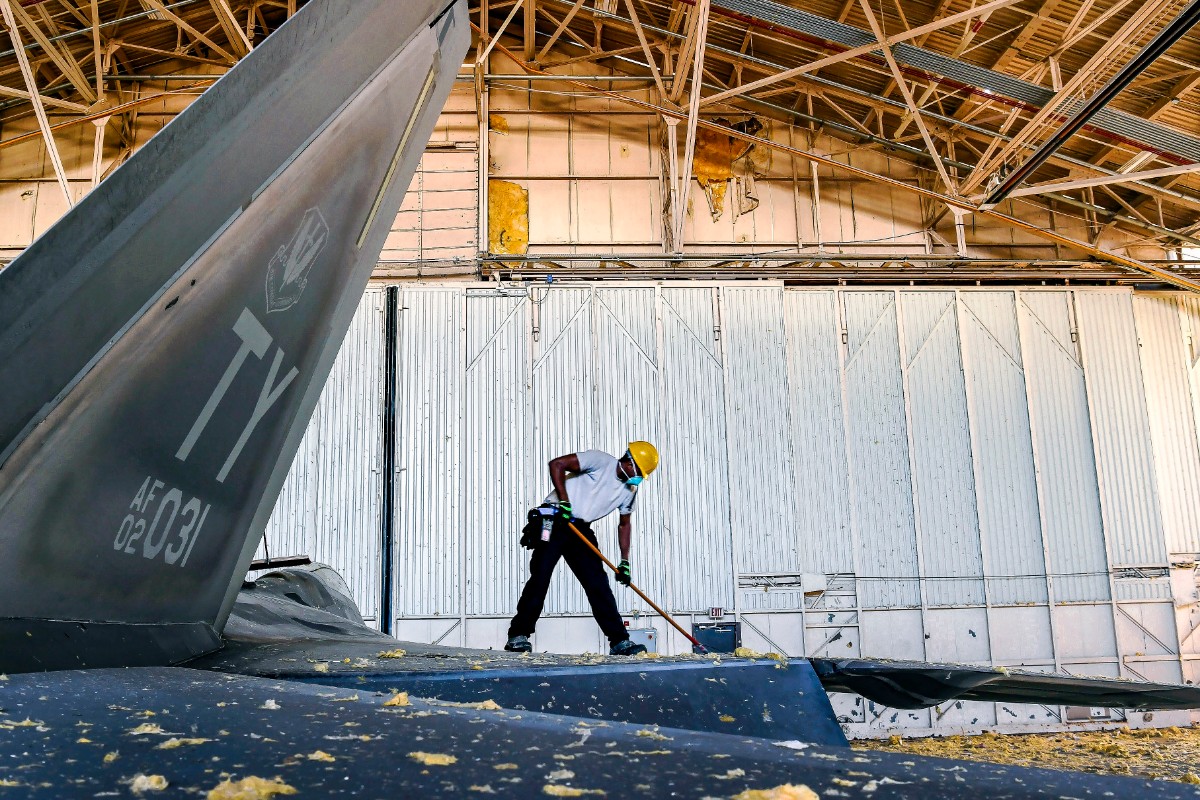
Event Recap: National Security in the Time of Climate Change
On September 2, Arizona Forward hosted a webinar entitled “National Security in the Time of Climate Change,” as a part of their webinar series addressing key sustainability issues of relevance to the state of Arizona. The American Security Project’s (ASP) President Brigadier General Stephen A. Cheney, USMC (Ret.) joined Arizona Forward’s Lori Singleton and Jon Ford to discuss how climate change impacts security in Arizona, the United States, and abroad.
BGen Cheney began the presentation by providing an overview of the climate security issues facing communities in Arizona. Phoenix is the second fastest-warming city in the United States. Scientists predict Phoenix will experience 147 days of temperatures above 105°F annually by 2050. Major freshwater sources, such as Lake Mead and the Colorado River, are recording lower water levels, sabotaging agricultural yields for Arizona farmers.
Next, the discussion pivoted to the ways in which climate change is impacting military bases in Arizona and across the United States. As average temperatures rise, bases will declare more “black flag” days and cancel training due to heat exhaustion risk. Furthermore, as heat and humidity limit planes’ ability to fly, U.S. Air Force bases may be forced to limit training. U.S. Naval bases are also at risk from catastrophic weather and sea-level rise, threatening pier inundation and base flooding.
BGen Cheney also discussed the ways climate change is an “accelerant of instability” or a “threat multiplier.” In other words, climate change has the potential to exacerbate instability globally. BGen Cheney highlighted Latin America as a region with several fragile governments. When combined with decreasing crop yields due to climate change, these countries become increasingly vulnerable to emigration and intervention by foreign military powers like China and Russia.
Lastly, BGen Cheney reviewed the ways the U.S. military plans to address climate change. As the largest consumer of fossil fuels in the United States, the Department of Defense (DOD) is concerned with the logistical reliability of fossil fuels, as well as with the environmental consequences of their energy consumption. The DOD is working to transition, where appropriate, to clean energy sources and eventually larger-scale use of renewable energy as battery technology improves. ASP supports natural gas utilization as a bridge fuel and has long been a supporter of nuclear and fusion power as clean energy sources.
The event’s Q&A section, moderated by Jon Ford, focused on ASP’s role in promoting legislation at the national level. BGen Cheney emphasized ASP’s philosophy of educating the general public and Congress on the advantages of investing in climate action now. In terms of specific policy, ASP focuses on promoting long-term climate-related provisions in the annual National Defense Authorization Act (NDAA).
Following the public event, ASP and the Association of Defense Communities hosted a private discussion with Arizona business leaders and policy makers. During the exclusive conversation, ASP Consensus for American Security member, Lieutenant General Norm Seip, highlighted many of the points BGen Cheney made during his public presentation. Specifically, Lt. Gen Seip discussed the threat climate change poses to military installations in Arizona. As a former commander at Davis-Monthan Air Force Base, Lt. Gen Seip is familiar with the risks climate poses to military operations and readiness. Additionally, Lt. Gen Seip discussed the threat of global instability in the face of a changing climate.
___
The American Security Project (ASP) has been exploring the intersection between climate change and national security for years. Recent publications on climate security examine issues such as increasing air conditioning use in historically cooler climates, Congressional attempts to push for climate action in the military, the importance of U.S. climate leadership, and China’s level of commitment to the Paris Climate Agreement.
To learn more about ASP’s climate security research, visit our page.





